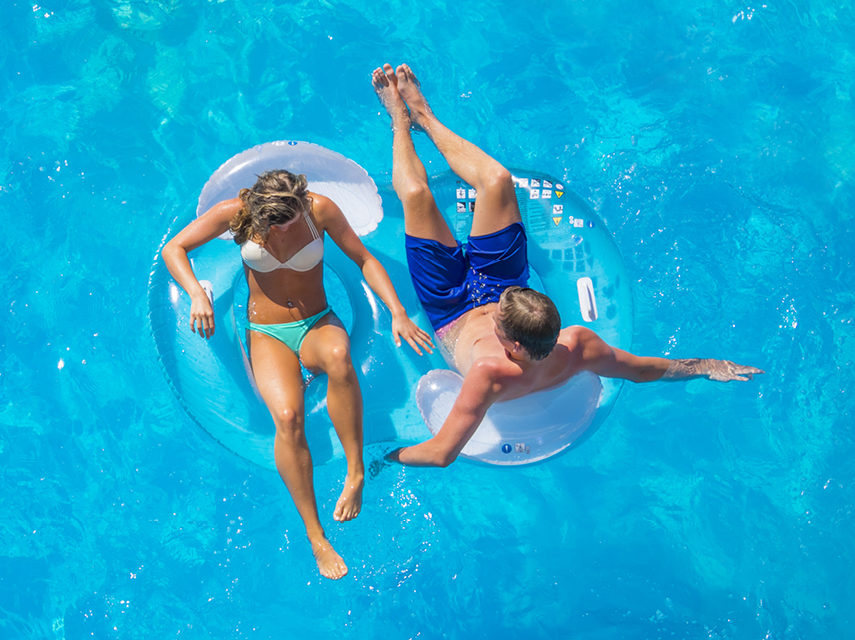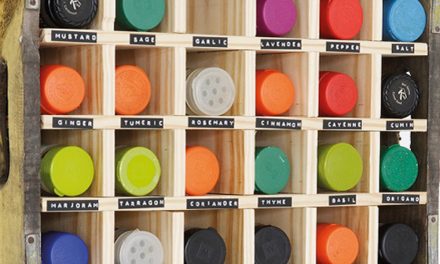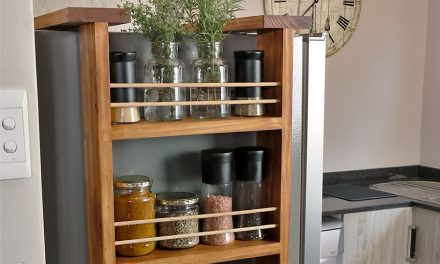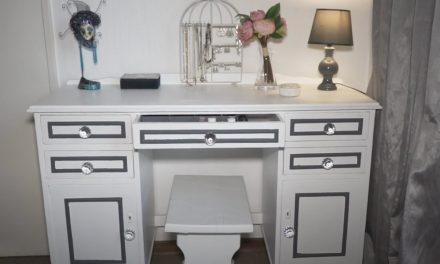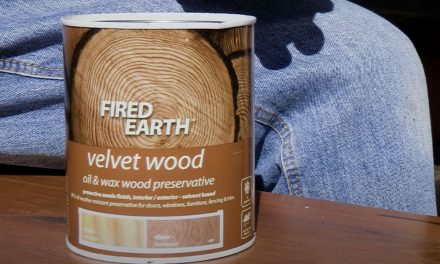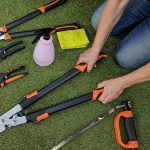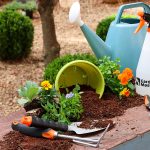With the right products, your pool will stay sparkling blue all season long.
Any water in which people swim needs to be free of contaminants and harmful bacteria. The swimming experience needs to be enjoyable without people suffering stinging eyes, itchy skin, and so on. The pH (acidity) of the water needs to be maintained at 7,2 and sanitisers such as chlorine need to be kept at 1 to 3ppm. To create a clean, hygienic, comfortable swimming environment – and, of course, dazzlingly clear water – the water needs to be continuously filtered and pool chemicals – chlorine, acid, soda ash and others – added. The filtering removes dirt from the water, chlorine is added to kill any pathogens in it, and acid is used to assist the chlorine and make the water comfortable to swim in.
Which pool product do I need?
Balancers
Balancers are used to dispense with cloudy water or pH fluctuations, as well as more specialised problems such as metals in your water or clogged filters. They work quickly and effectively to tackle most pool problems, so always keep these products handy.
Sanitisers
Sanitisers are designed to keep your pool fresh and clean, by killing harmful bacteria and algae. There are two types of chlorine-based sanitisers – stabilised and unstabilised.
Shocks
Shocks are essential for keeping your pool clean and clear. Use weekly to give your pool the boost of chlorine it needs, killing unwanted bacteria and algae.
Algaecides
Algaecides Wind, dust storms and rain constantly blow algae into the pool, causing water to become cloudy, discoloured and eventually slimy and smelly. Algaecides help combat algae and prevent future algae from forming.
When should I shock treat my pool?
Organic contaminants such as ammonia or nitrogen build up in a pool over time. These can interact with chlorine to form chloramines, which give off the strong chlorine smell we all associate with pools. To get rid of these harsh smells, it’s crucial to shock – or superchlorinate – pool water back to normal chlorine levels. It may not make sense, but adding a large amount of chlorine to a pool can make the undesired odour go away. Some pools should be shocked once a week, while others can go a significantly longer time. Follow manufacturers’ instructions before shocking your pool to get the best results.
Top Tip: Add chlorine to your pool at night. If you use chlorine granules you will have to sprinkle them into the pool every one to two days. If you use chlorine tablets you will need to replace them when necessary. If your pool is stabilised at the optimum level of 40ppm (parts per million), you can add chlorine at any time of day or night.
Did you know?
The most common chemical used in the treatment of swimming pool water is chlorine. It eliminates bacteria and algae by disinfecting (killing), and it also oxidises (chemically destroys) other materials such as dirt and chloramines.
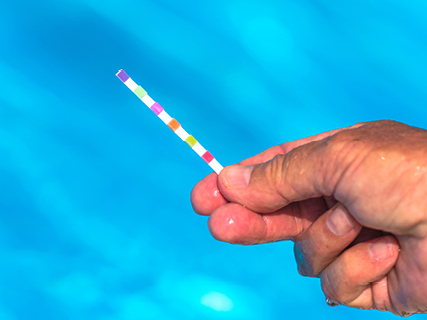
Get your water tested
Pool water should be tested regularly to make sure it’s clean and healthy. The pH scale is a measurement of acidity or alkalinity running from zero to 14. A reading of 7,2 is ideal; this range is safe for swimming and helps sanitisers work efficiently. You can monitor your pool’s pH level by using a testing kit. There are many kinds available; however, most homeowner versions are either reagent kits or test strips. Reagent kits aren’t too difficult to use. You take a sample of pool water, then add liquids or tablets to it.
Look out for the Bluechem Pool Water testing station in your local Builders. Bring a sample of your pool water and have it checked for free while you wait.
They will check:
- Total hardness
- Combined chlorine
- Free chlorine
- pH level
- Total alkalinity
- Cyanuric acid
Pool product storage tips
- . Find a safe place to store your pool chemicals. Chlorine must not be left in the rain, in direct sunlight, or where children and animals can get at it. Do not keep it in or under your pump housing as rain could get in. It will also get hot in there and you won’t be able to control access to it.
- Do not store pool acid near chlorine as the two could become mixed by accident and they are explosive in combination.
- If you use both granules and tablets (floaters), ensure they are stored away from each other as they are not compatible.

